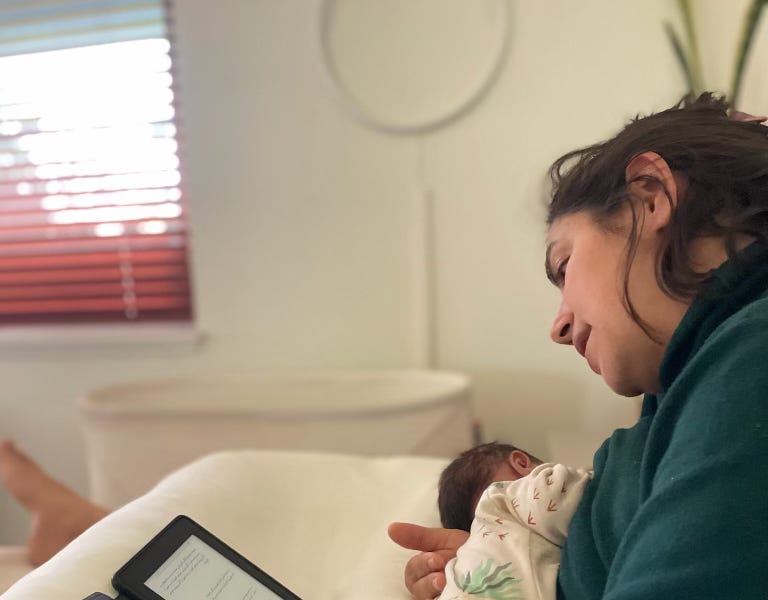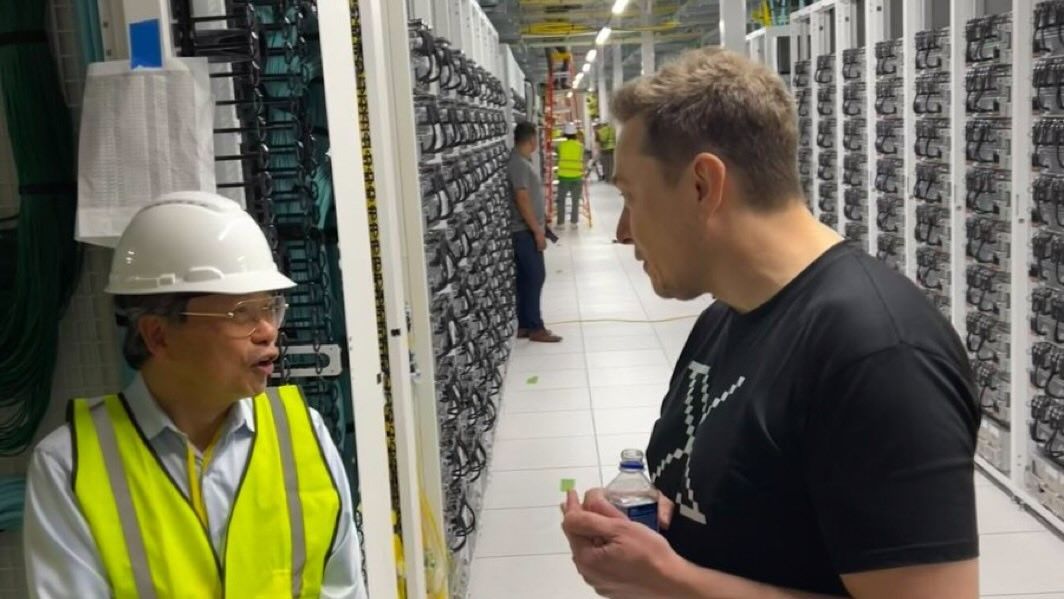
Have smartphones killed the art of conversation?
David Le Breton does not work for, consult, own shares in or receive funding from any company or organization that would benefit from this article, and has disclosed no relevant affiliations beyond their academic appointment.
Once upon a time, human relationships unfolded without smartphones. The reality may be hard to recall, so profoundly have these devices transformed the way we relate to the world and others in fifteen years or so.
As an anthropologist interested in modernity, I am particularly preoccupied by the impact of these devices on our conversations. In my book, The End of the Conversation? Words in a Spectral Wociety (French original: La fin de la conversation? La parole dans une société spectrale), I investigate the pernicious effects of this technology on our social fabric, and make a point of distinguishing conversation from communication.
When I’m communicating, my relationship with another is usually mediated via a screen. Communication calls to mind notions of distance, physical absence, and by extension, frazzled attention. The age of communication induces feelings that everything is going too fast and we have no more time to ourselves. The next notification, message or call is always only a moment away, keeping us in a state of restless alertness.





















